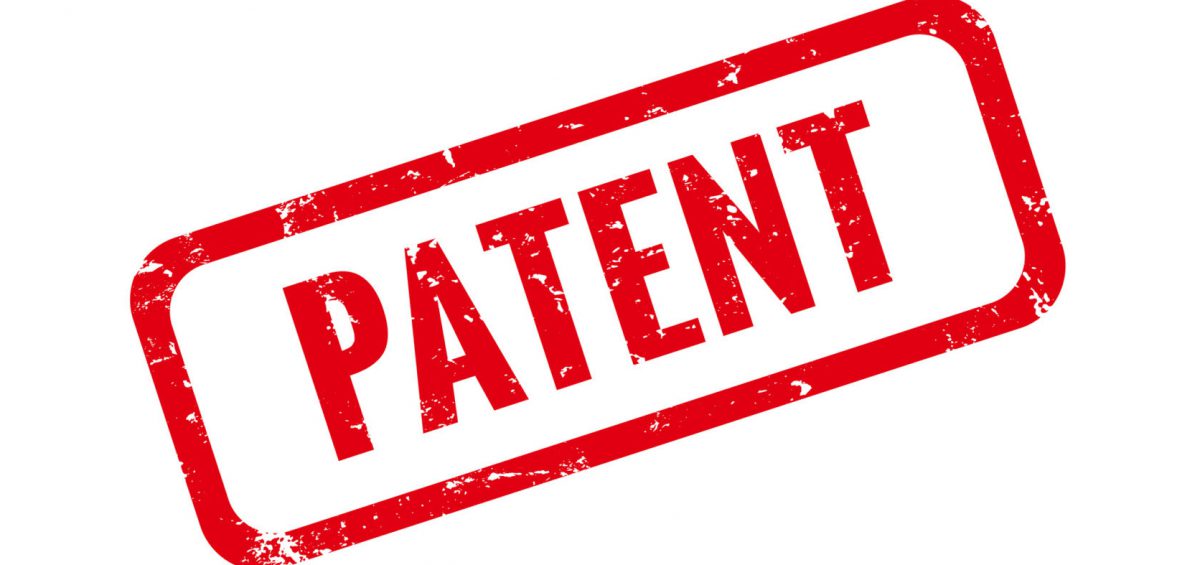Cambodia is a developing country supported mainly by three pillars of economic development – agriculture, tourism and textiles. With an average growth of 7.6% from 1994 to 2015, Cambodia is the fastest growing ASEAN economy.
In line with Cambodia’s desire to modernise and increase its economic prosperity, there are developments taking place in the country’s intellectual property system, which indicate that the government is serious about fostering and promoting innovation and foreign investment.
We highlight below several avenues for securing patent rights in Cambodia.
Protection under the Patent Cooperation Treaty (PCT)
On 8 December 2016, Cambodia became bound by the PCT system. This means that any international patent application filed on or after 8 December 2016 automatically includes the designation of Cambodia. International applicants, if they so choose, are able to enter the national phase in Cambodia within 30 months from the earliest priority date. Furthermore, nationals and residents of Cambodia are entitled to file international applications under the PCT from 8 December 2016.
European patents to be recognized in Cambodia
A validation agreement between the European Patent Office (EPO) and the Cambodia Ministry of Industry and Handicraft (MIH) was signed on 23 January 2017, making Cambodia the first Asian country and the 4th non EPC Member State to recognize EPO granted patents. This validation agreement entered into force on 1 March 2018 and applicants are henceforth able to validate European patent applications and patents in Cambodia.
It should be noted that validation into Cambodia is only available for any European or international application filed on or after 1 March 2018.
The fee for Cambodia is EUR 180 and is payable at the time of validation for other EP contracting states. The applicant will also need to provide Khmer and English (if the EP application is not already in English) translations of the granted European patent and pay a publication fee to the MIH.
ASEAN Patent Examination Cooperation (ASPEC)
Launched on 15th June 2009, ASPEC is a regional patent work-sharing programme among the ASEAN Member State IP offices of Brunei Darussalam, Cambodia, Indonesia, Lao PDR, Malaysia, the Philippines, Singapore, Thailand and Vietnam. While the local search and examination fees at local IP offices still apply, search and examination results can be shared among the members to improve the quality of work, and reduce duplicative work for time and cost savings.
The use of the ASPEC system is recommended to applicants who are looking to file in multiple ASEAN jurisdictions and wish to expedite prosecution in these jurisdictions.
Patent Cooperation with Singapore
Patentees or applicants with a Singapore patent or patent application will be able to:
- Re-register the Singapore patent in Cambodia
Under this scheme, the Singapore patent must be in force at the time of the request, have a filing date on or after 22 January 2003 and meet Cambodian requirements for patentability.
- Submit IPOS-issued Search and Examination Report to Cambodia
Applicants may request that IPOS submit to the Cambodian patent office a copy of the final search and Examination Report together with the final specification of the related Singapore patent application. The first ever patent in Cambodia was granted via this system.
Cooperation for Facilitating Patent Grant (CPG) with Japan
Starting from 1st July 2016, patent applications already examined and granted in Japan can be used to accelerate related patent applications in Cambodia under this scheme. Participation of CPG requires that the Japanese patent application has the same priority date or filing date as the Cambodian patent application, the corresponding Japanese patent application has been granted, and all the Cambodian application claims correspond to the claims of the Japanese granted patent.
Exclusions to Patent Protection
It should be noted that inventions relating to pharmaceutical products are generally excluded from patentability in Cambodia. This stems from the fact that Cambodia is under the World Trade Organisation waiver, which allows Least Developed Countries (LDCs) to avoid granting and enforcing IP rights on pharmaceutical products until 2033. As defined in Cambodia’s Law of Management of Pharmaceutical, pharmaceutical products are:
“one or many kinds of substances which are primarily from chemicals, bio-products, microbes, plants combined in order to:
– use in the prevention or treatment of human or animal diseases,
- use in the medical or pharmaceutical research or diagnosis,
- change or support the functioning of the organs.”
Accordingly, this includes serum and vaccines, blood or blood products, traditional medicines and poisonous substances.
Chemical compositions and new chemical entities for non-medical uses are still patentable.



